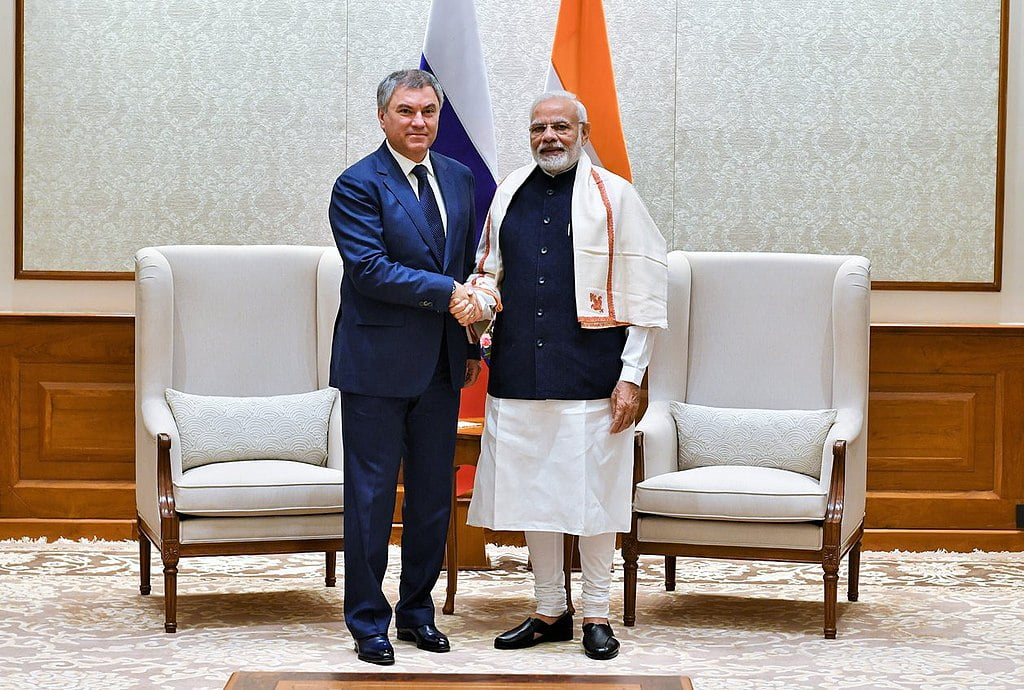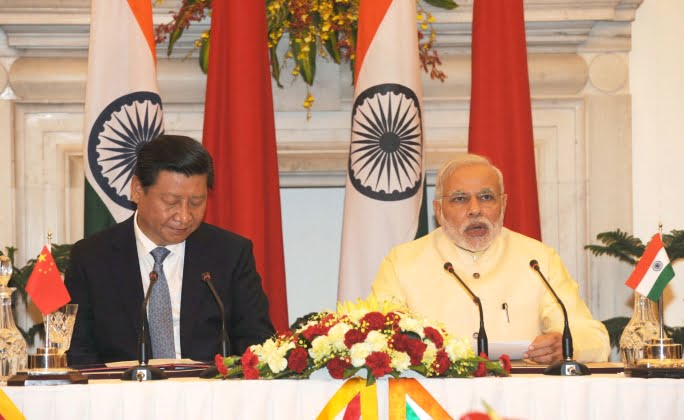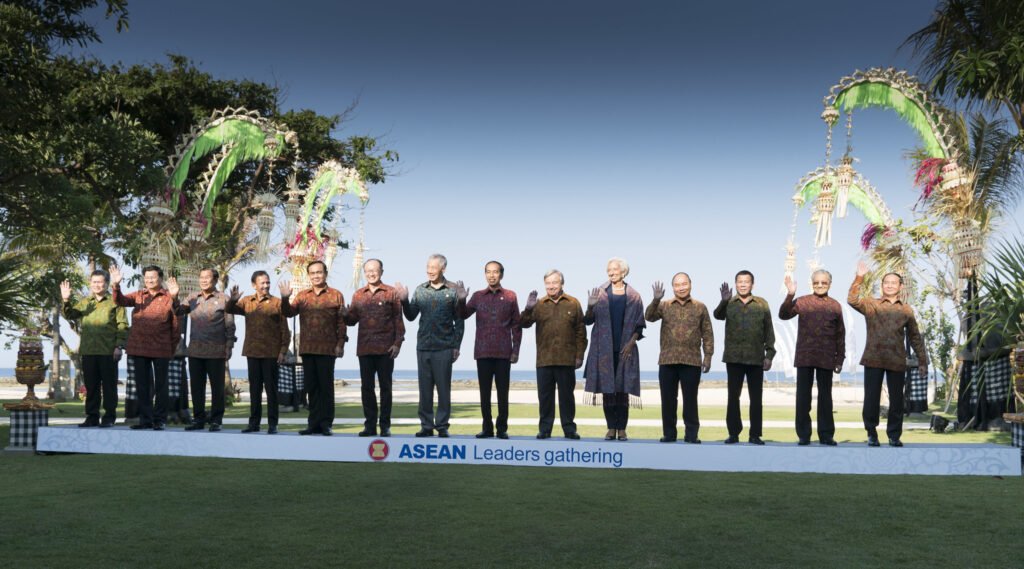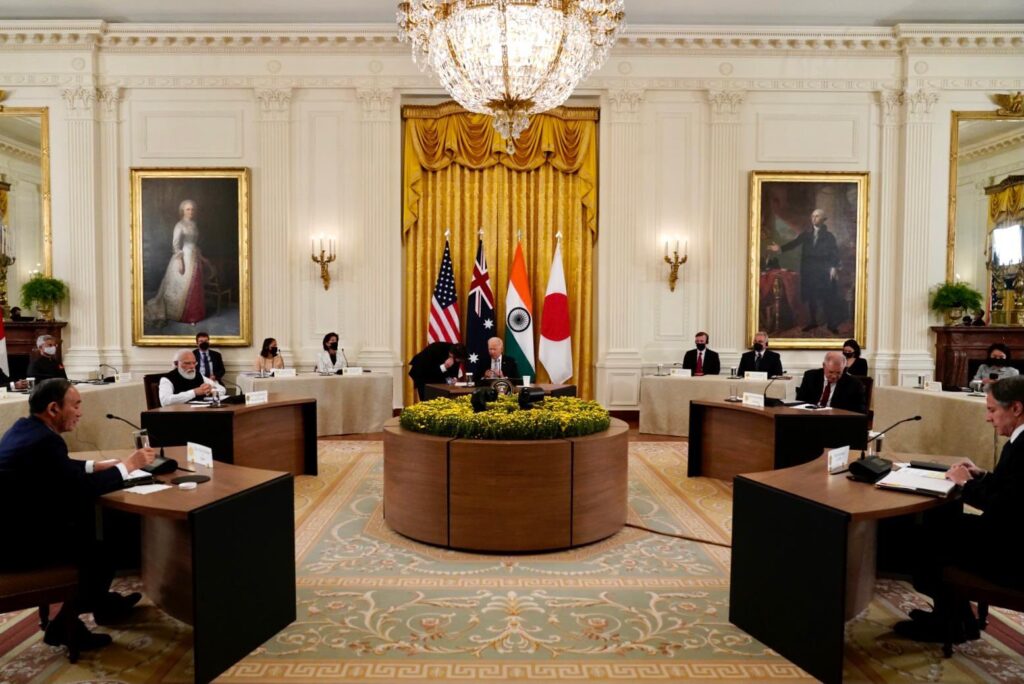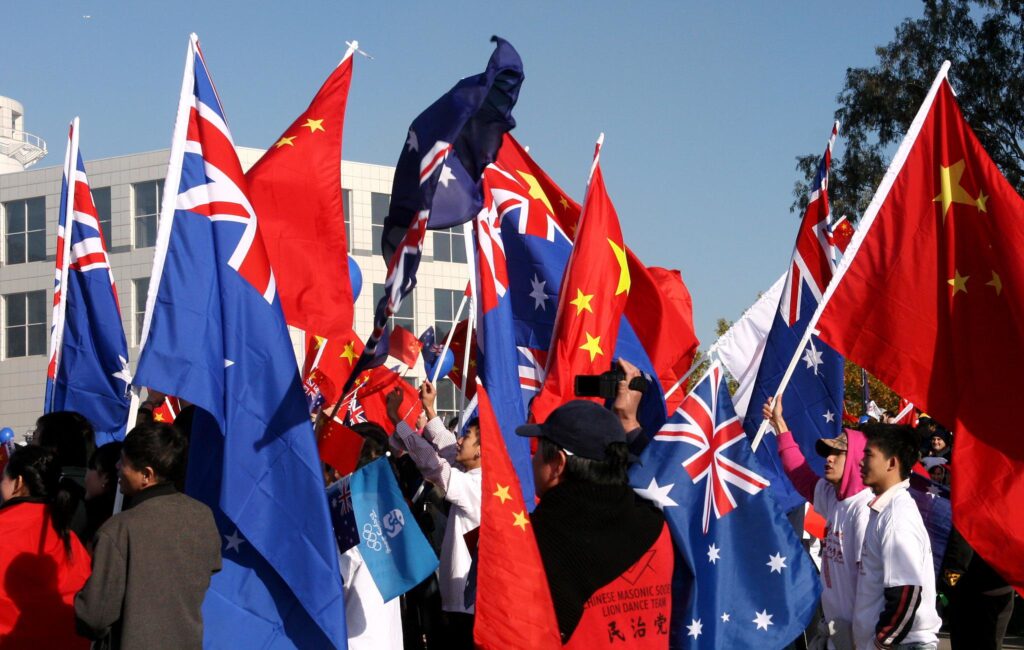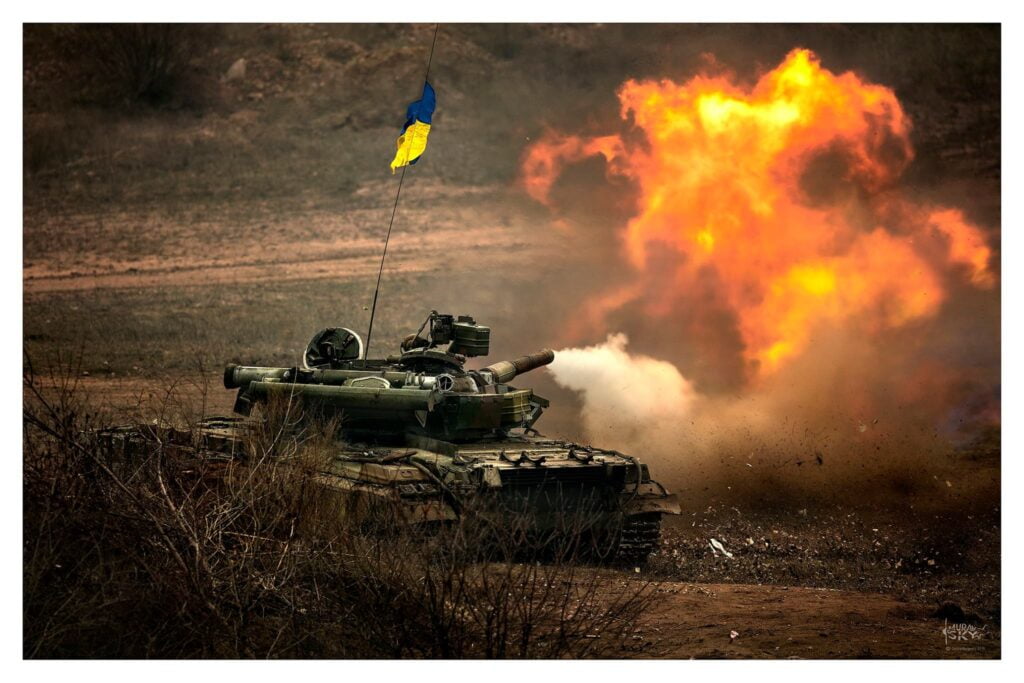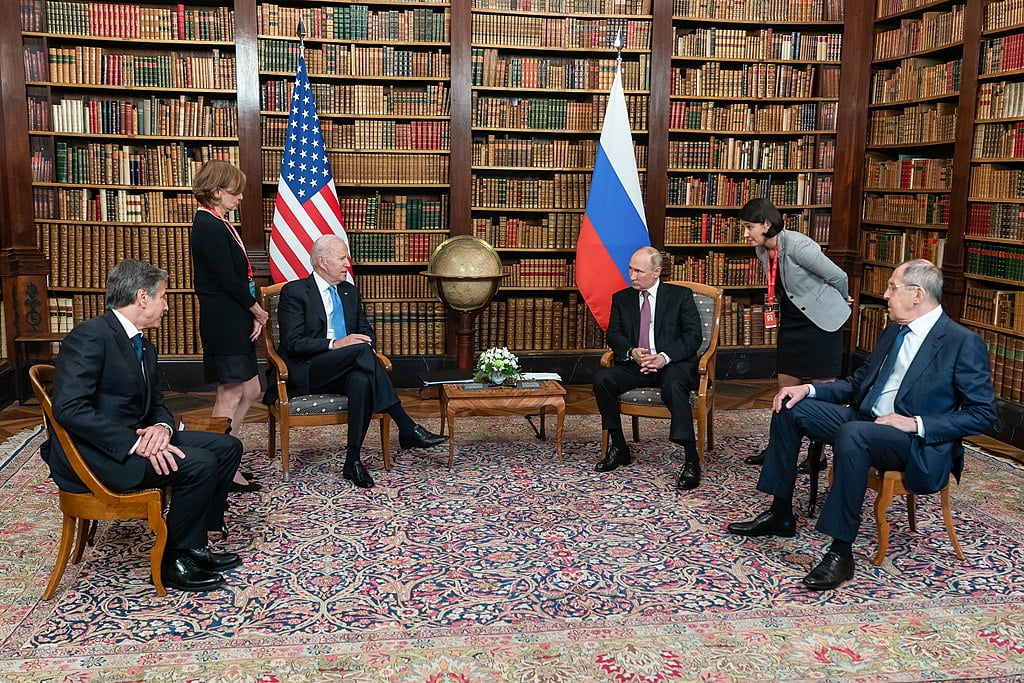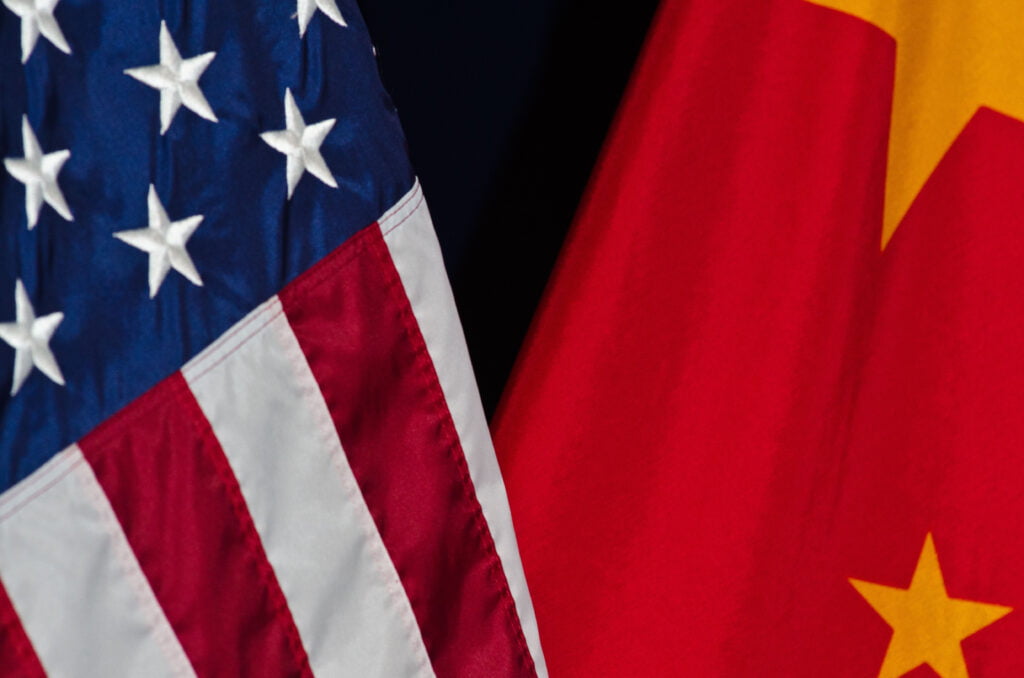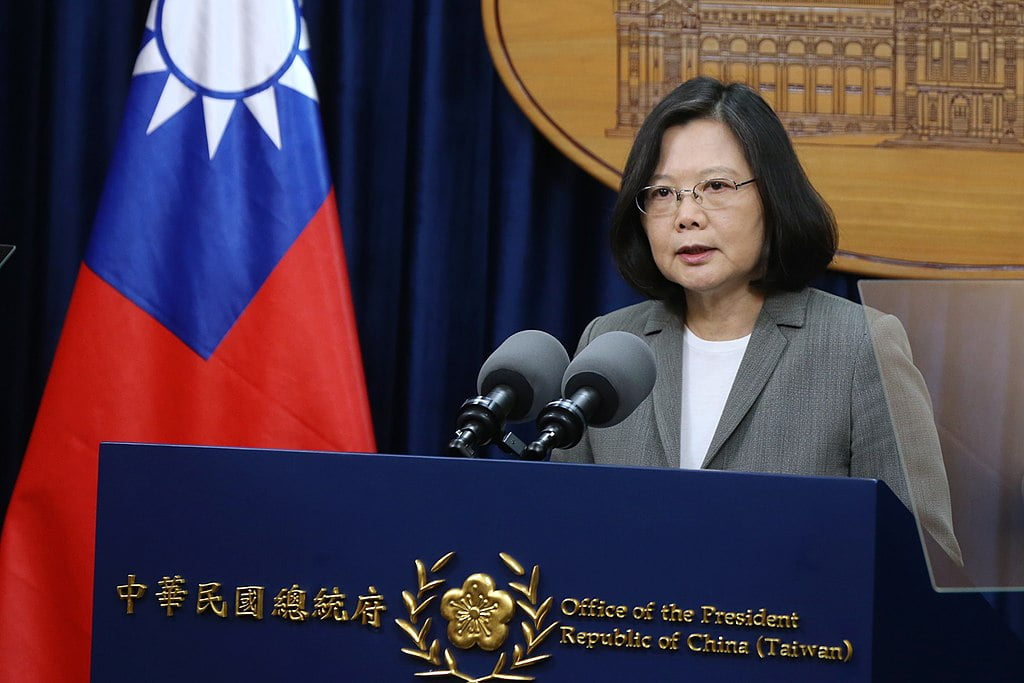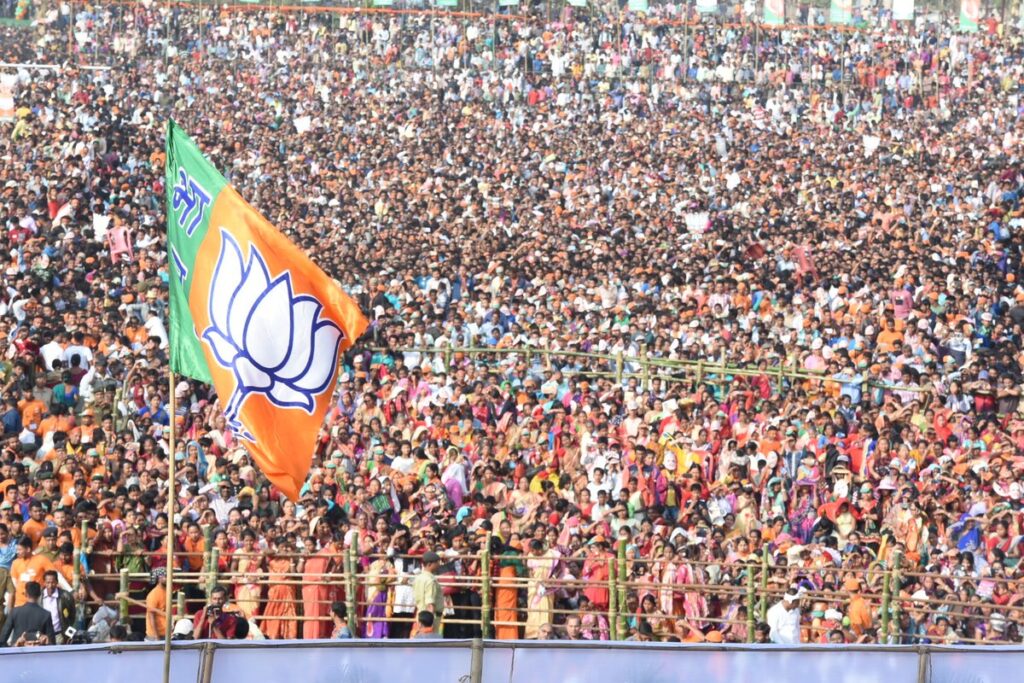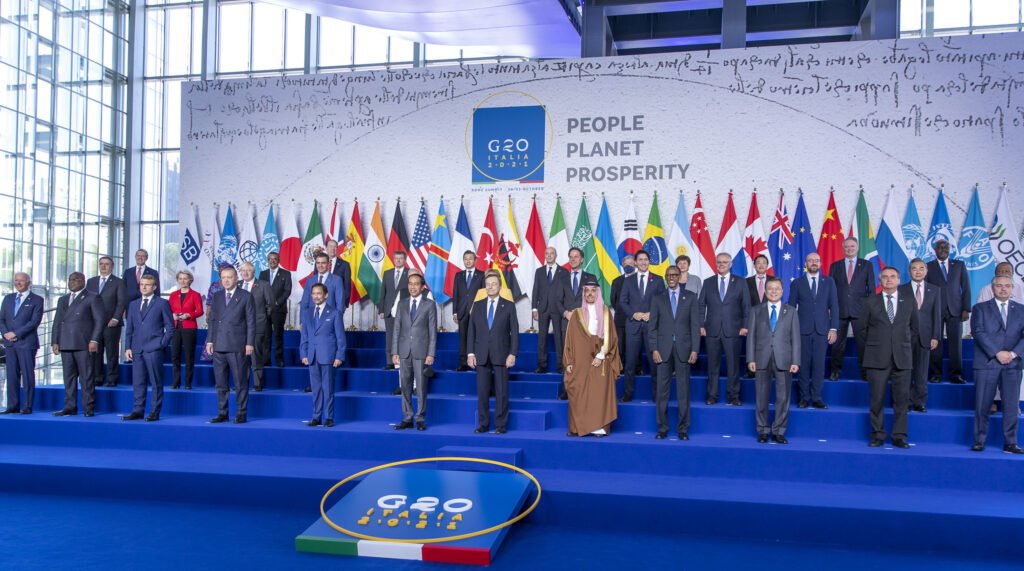We use cookies to improve your experience with Monash. For an optimal experience, we recommend you enable all cookies; alternatively, you can customise which cookies you’re happy for us to use. You may withdraw your consent at any time. To learn more, view our Website Terms and Conditions and Data Protection and Privacy Procedure.
New geopolitics
Published on May 24, 2022360info is exploring the new alliances being forged in the wake of the war in Ukraine, and the impact they are having on the international world order.
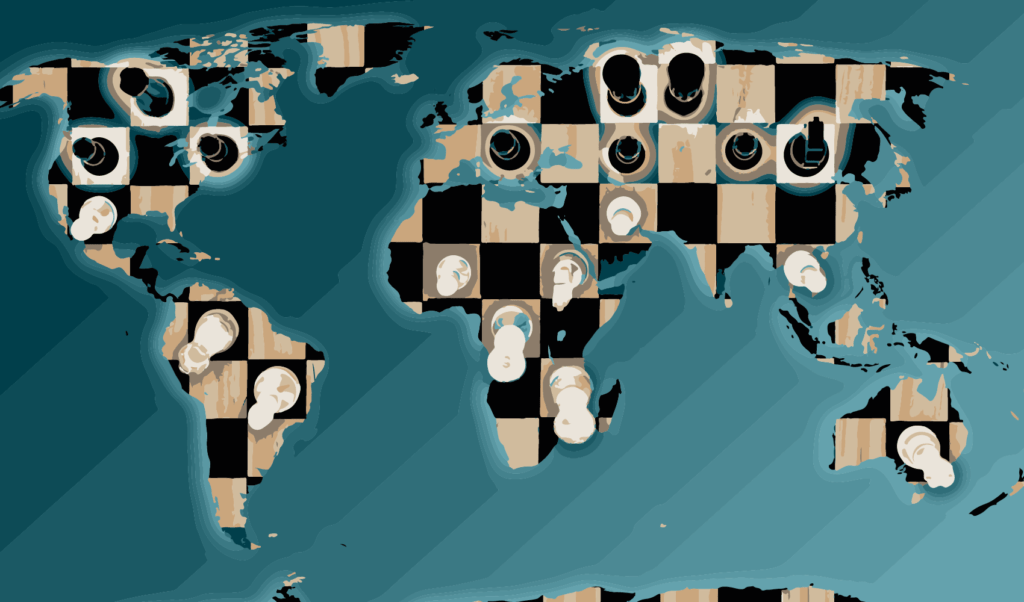 Russia’s invasion of Ukraine has seen powerhouse nations flexing their financial and military muscle, but what of emerging powers and the smaller nations far from the battlefield? (Michael Joiner, 360info) : Michael Joiner, 360info CC BY 4.0
Russia’s invasion of Ukraine has seen powerhouse nations flexing their financial and military muscle, but what of emerging powers and the smaller nations far from the battlefield? (Michael Joiner, 360info) : Michael Joiner, 360info CC BY 4.0
360info is exploring the new alliances being forged in the wake of the war in Ukraine, and the impact they are having on the international world order.
Russia’s invasion of Ukraine has brought into clear focus the escalating rivalry between the modern-day powers: on one side, the United States and NATO; on the other, China, Russia and their allies.
The invasion has triggered a geopolitical scramble: Sweden and Finland have applied to join NATO, and Russian allies such as Belarus have hardened in their anti-West rhetoric.
In the shadow of powerhouse nations flexing their financial and military muscle, emerging powers are doing all they can to consolidate their standing. India, which has had its own issues with China, is benefiting from a close relationship with Russia, while Indonesia is stuck in the middle as this year’s holder of the G20 presidency.
“The world is at an inflection point,” writes political historian Siddiq Wahid. “The war in Ukraine shows no signs of abating, and the principals in the ‘new’ cold war are asking nations to choose between the ideologies of liberal democracy and the alternative.”
There was already fear that the growing geopolitical divide between the US and China could feed into areas of global relations, such as trade, climate change and financial systems, that depend on international cooperation.
A new international rivalry has emerged between the Western power bloc led by the US and the rival camp by Russia-China. Developing countries are being asked to choose a side. But they are no longer clear about what the weakening of Russia portends for an international order that is moving towards multipolarity and dispersal of power.
REALITY CHECK
Global military spending crossed US$2 trillion for the first time in 2021.
The United States has pledged US$11 billion to Ukraine to help defend against the Russian invasion, a figure which could rise by US$33 billion if their Congress approves the most recent request from the White House.
The Central Bank of Russia is predicting an inflation rate between 18 and 23 percent for 2022, following widespread international sanctions on the nation’s economy.
BIG IDEAS
Quotes attributable to Kacie Miura, University of San Diego:
“The blanket refusal of the United States to deploy combat troops in Ukraine is not lost on Beijing, whose leaders have long been deterred from using force to achieve full unification with Taiwan out of fear of US intervention.”
“China’s leaders also have reason to be unnerved by the breadth and speed of the financial and economic sanctions levied against Moscow.”
“While China’s economy is much larger than Russia’s, it will not necessarily be more resilient to international sanctions. China is far more integrated into the world economy and international community than Russia.”
Quotes attributable to James Laurenceson, University of Technology Sydney
“For most countries outside the West, the binary of democracies versus autocracies simply does not ring true. Nor are they inclined to participate in economic sanctions, even in face of developments as egregious as Russia’s latest moves. And with a primary focus on development, their interest in disconnecting from the growth engine of China’s economy is close to zero.”
“Australian businesses with exposure to China are cognisant that their operations can fall victim to geopolitical fallout. Yet for those at the coalface of this economic engagement, geopolitical fallout is only one risk they must manage. Oftentimes it is far from the most significant and/or can be readily mitigated. The residual level of risk still then needs to be compared with the opportunities on offer in China versus elsewhere.”
Originally published under Creative Commons by 360info™.
Editors Note: In the story “New geopolitics” sent at: 23/05/2022 12:34.
This is a corrected repeat.


